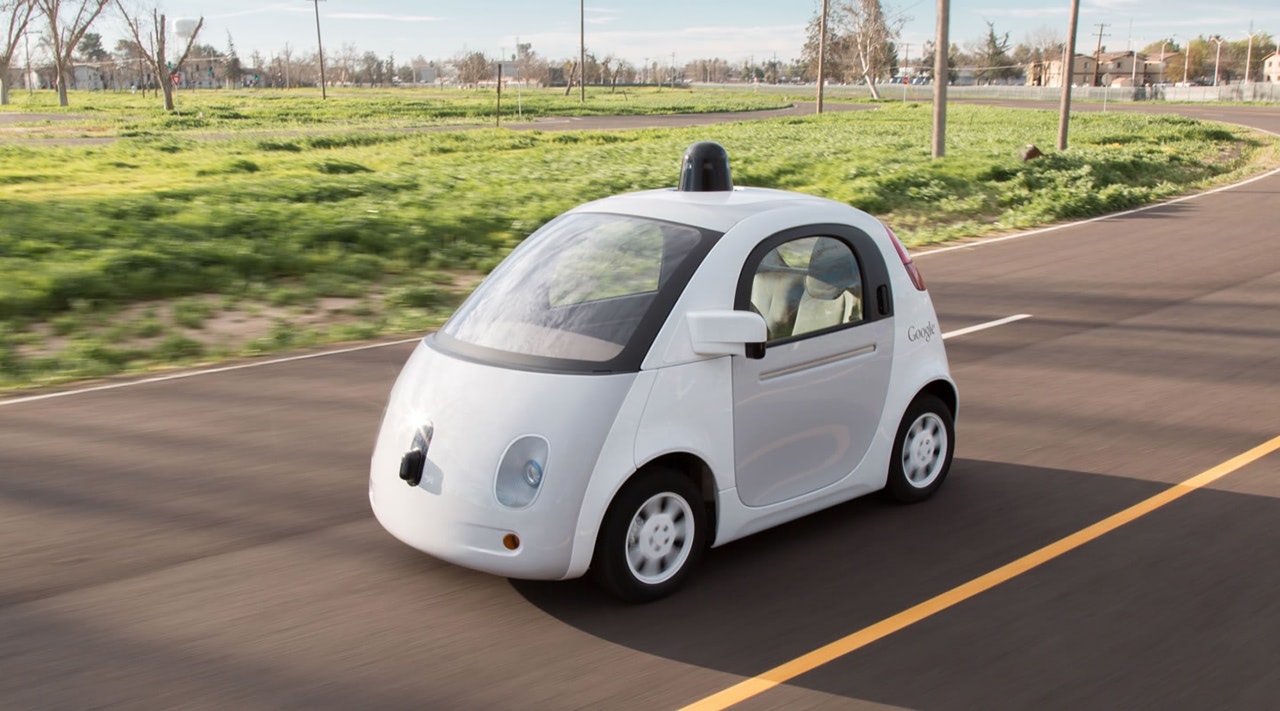Imagine three traffic situations that lead to unavoidable harm: 1. Turn to save the life of several pedestrians but kill one person; 2. Turn to sacrifice yourself in favour of a single pedestrian; 3. Turn to sacrifice yourself in favour of several people. What would you do in each of them? Would it affect your decision knowing the age of the people that would die? Or the chances for survival (speed, road conditions etc.)? Now imagine that these questions need to be answered by a car.
Autonomous vehicles (AVs) are still in the testing period, but the most urgent problems are moral issues rather than technical ones. The algorithms the car run on need to cover all the possible actions, even if they are unlikely to happen in real life. It turns out that dealing with the issues that AVs are supposed to solve (car accidents, safety problems, traffic efficiency) is actually the biggest obstacle in introducing them on a global scale. Furthermore, answers to those problems are not easy at all.
Jean-François Bonnefon, Azim Shariff and Iyad Rahwan published the results of six online surveys among 2.000 participants from the Amazon Mechanical Turk platform. Questions involved imaginary traffic accidents situations, such as the three mentioned at the beginning. People had to decide whether they are in favor of utilitarian AVs (sacrificing the passenger for the sake of saving others) or the ones that put the safety of the passenger first. It comes as no surprise that most of the participants chose to minimize the casualties according to common moral doctrine - that would mean introducing utilitarian AVs. But when it came to decide to buy a self-driving car for themselves, they strongly voted for an algorithm that protects the driver by all means.
The moral struggle stops AVs’ launching process and as a result the number of lives that could be saved by introducing utilitarian model may be outnumbered by the deaths caused by the delay. As in a Greek tragedy - there is no good choice, yet it has to be made some day.
Source: Jean-François Bonnefon, Azim Shariff, Iyad Rahwan, The social dilemma of autonomous vehicles, “Science” (24 Jun 2016:Vol. 352, Issue 6293, pp. 1573-1576).

Share your thoughts and join the technology debate!
Be the first to comment